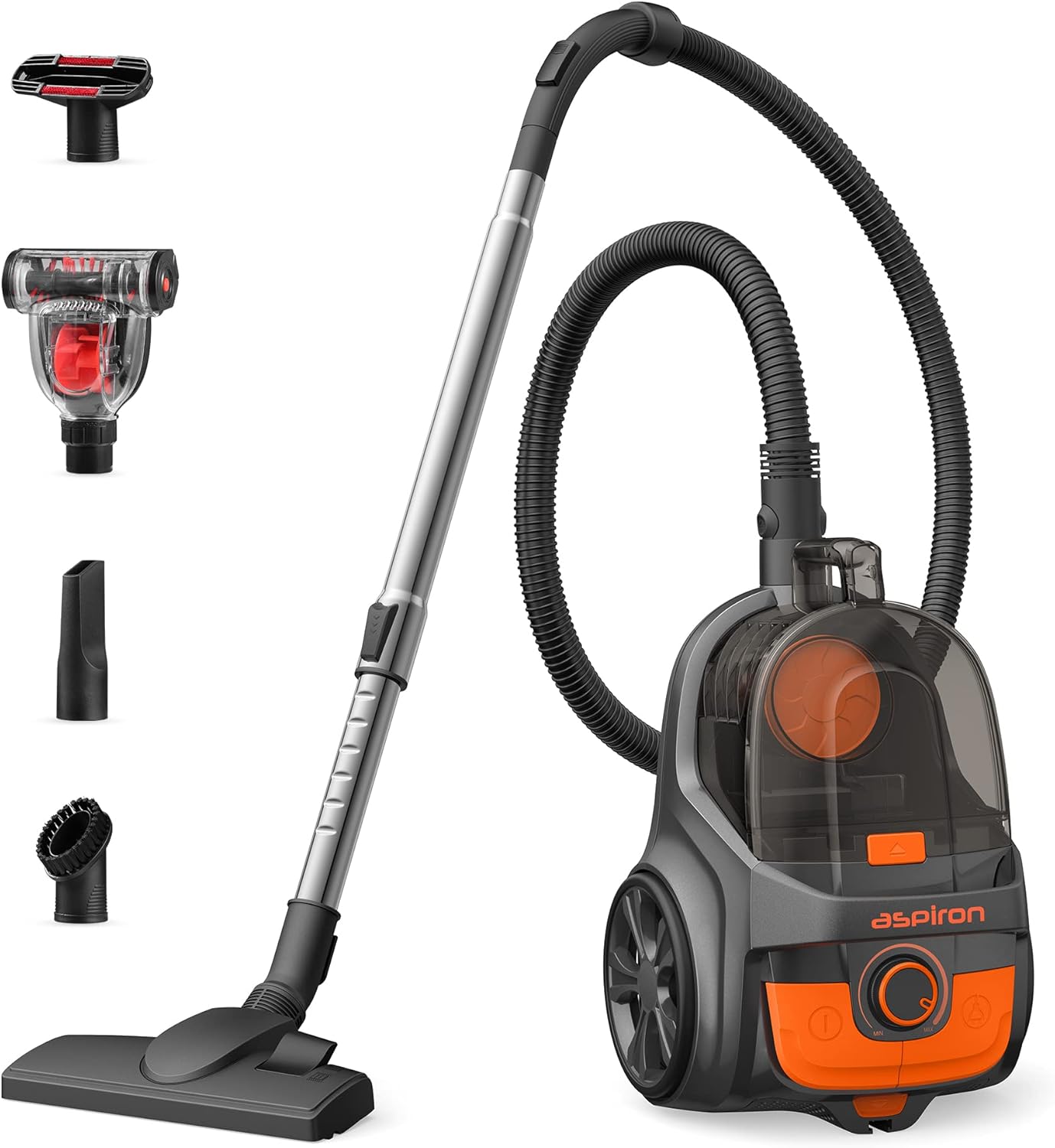Real Estate Wholesaling: Legal Requirements Across Texas, California, and South Carolina
Understand real estate wholesaling: a comprehensive guide
Real estate wholesaling has emerged as a popular investment strategy for those look to enter the property market with minimal capital. Unlike traditional real estate transactions, wholesaling involve contract a property and so assign that contract to an end buyer for a fee. But before diving into this potentially lucrative business, it’s crucial to understand the legal requirements, which vary importantly from state to state.
What’s real estate wholesaling?
Wholesale real estate is a short term investment strategy where an investor (the wholesaler )contracts with a property seller, market the property to potential buyers, and so assign the contract to an end buyer. The wholesaler profits from the fee charge fofor facilitatinghe transaction, typically without e’er take ownership of the property.
The basic process involves:
- Find distressed properties or motivated sellers
- Negotiate and secure the property under contract
- Market the contract to potential buyers
- Assign the contract to a buyer for a fee
While this sound straight, the legal landscape surround wholesaling vary dramatically across states, peculiarly regard licensing requirements.
How to wholesale real estate in Texas
Legal framework in Texas
Texas is broadly consider one of the more jobber friendly states. The Texas real estate commission (ttree)regulate real estate activities in the state. Unlike some other states, teTexasaw allow for certain wholesaling activities without inevitably require a real estate license.
Do you need a license in Texas?
In Texas, you can engage in some wholesaling activities without a real estate license, but there be important distinctions:
- Contract assignment: You can lawfully assign contracts without a license if you have an equitable interest in the propert(( meanyou havee it under contr)t ).
- Double closing: This method, where you really purchase the property before directly resell it, doesn’t typically require a license.
- Marketing properties: This is where Texas law become stricter. If your market a property you don’t own or have under contract, you prprobablyeed a license.
Texas property code section 1101.0045 specifically address this issue. It states that a person may acquire an option or an interest in a contract to purchase real property and so sell or offer to sell the option or assign or offer to assign the contract without hold a license if the person:
- Does not use the option or contract to purchase to engage in real estate brokerage; and
- Disclose the nature of their equitable interest to potential buyers.
Steps to wholesale in Texas
- Market research: Familiarize yourself with local markets in Texas cities like Houston, Dallas, Austin, or San Antonio.
- Build a buyers list: Network with potential investors who might be interested in your deals.
- Find motivated sellers: Look for distressed properties, pre foreclosures, or owners face financial difficulties.
- Secure properties under contract: Use a valid purchase agreement that include an assignment clause.
- Market the deal: Present the opportunity to your buyers list.
- Complete the assignment: Execute an assignment contract and collect your fee.
Legal considerations in Texas
While Texas allow wholesale, you must:
- Disclose your intent to assign the contract to the original seller
- Ensure all contracts are lawfully sound and include assignment clauses
- Avoid marketing properties you don’t have under contract
- Consider work with a real estate attorney familiar with Texas law
Do you need a real estate license to wholesale in California?
California’s stricter approach
California have importantly more restrictive laws regard real estate wholesale compare to Texas. The California department of real estate (dDRE)regulate real estate activities in the state, and their interpretation of exist laws have major implications for wholesalers.
Licensing requirements in California
In California, anyone who sell, buys, or negotiate real estate transactions for compensation on behalf of others broadly need a real estate license. This broad definition oftentimes encompass many wholesaling activities.
California business and professions code section 10131 define a real estate broker as someone who:
- Sells or offer to sell real property
- Buys or offer to buy real property
- Solicit prospective sellers or buyers of real property
- Negotiate the purchase, sale, or exchange of real property
Under this definition, many wholesaling activities could be interpreted as require a license.
Legal options for wholesaling in California
If you don’t have a real estate license in California, your wholesaling options are more limited:
- Double closing: Really purchase the property before resell it (though this rrequiresmore capital).
- Co wholesaling: Partner with a licensed real estate agent who can lawfully handle the transaction aspects that require a license.
- Obtain a real estate license: Many successful California wholesalers choose to get license to avoid legal issues.
Risks of unlicensed wholesaling in California
Operate without a license when one is required can lead to:
- Civil penalties up to $20,000 per violation
- Potential criminal charges for act as an unlicensed broker
- Inability to lawfully collect assignment fees
- Contracts that may be deemed unenforceable
Do I need a license to wholesale real estate?
General principles across states
Whether you need a license to wholesale real estate depend solely on your state’s laws and how you structure your business. Here are some general principles:
Activities that may require a license
- Marketing properties you don’t own: In many states, advertising properties you don’t own or have under contract may constitute brokerage activity.
- Represent yourself as a real estate professional: Use titles like” real estate investor ” r “” operty specialist ” ” hout proper licensing can be problematic.
- Find buyers for sellers: Bring parties unitedly for a real estate transaction is oftentimes considered brokerage activity.
Activities loosely allow without a license
- Buy property for yourself: Purchase property for your own investment purposes.
- Sell property you own: Sell property that you’ve title to.
- Assigning contracts: In many states, assign a contract where you have an equitable interest is permit without a license.
State by state variations
Licensing requirements vary dramatically by state:
- More permissive states: Texas, Florida, and Tennessee have comparatively clear exemptions for certain wholesaling activities.
- Stricter states: California, Illinois, and Ohio tend to interpret their licensing laws more generally, potentially encompass wholesaling activities.
Disclosure requirements
Yet in states where unlicensed wholesaling is permit, most require clear disclosure of:
- Your role in the transaction
- The fact that your acacteds a principal, not an agent
- Your intent to assign the contract instead than purchase the property
Is wholesale real estate legal in South Carolina?
South Carolina’s legal framework
South Carolina fall someplace between Texas and California in terms of wholesale regulations. The South Carolina real estate commission oversee real estate activities in the state.
Legal status of wholesaling
Wholesaling is legal in South Carolina, but with important conditions:
- You must have an equitable interest in the property (have it under contract )before market it to others.
- Clear disclosures must be made to all parties involve.
- The South Carolina real estate license law (title 40, chapter 57 )defines activities require a license.
License requirements in South Carolina
In South Carolina, you broadly don’t need a real estate license if you’re:
- Act on your own behalf as a principal in the transaction
- Assign contracts where you have an equitable interest
- Not represent yourself as a real estate professional
Notwithstanding, systematically engage in wholesale transactions might be interpreted as operate as a broker, peculiarly if you’re market properties to the public.
Best practices for South Carolina wholesalers
- Use proper assignment contracts with clear language
- Disclose your intent to assign the contract to the seller
- Exclusively market properties you’ve under contract
- Consider consult with a real estate attorney familiar with South Carolina law
- If in doubt about your activities, consider obtain a license
Legal structures and protection for wholesalers
Business entity formation
Disregarding of which state you operate in, establish a proper business entity can provide important legal protection:
- Limited liability company (lLLC) Provide personal asset protection and tax flexibility.
- Corporation: Offer strong liability protection but with more complex tax implications.
- Sole proprietorship: Simplest structure but offer no liability protection.
Contracts and documentation
Proper documentation is critical for legal wholesaling:

Source: houzeo.com
- Purchase agreements: Must include assignment clauses and clear language about your intent.
- Assignment contracts: Should clear outline the terms of the assignment and the fee structure.
- Disclosure forms: Many states require specific disclosures when you’re not a licensed agent.
Work with professionals
Consider build relationships with:
- Real estate attorneys: Can review contracts and advise on state specific requirements.
- Licensed real estate agents: Potential partners for deals that might cross into licensed territory.
- Title companies: Experience with wholesaling transactions can facilitate smoother closings.
Alternative approaches to wholesale
Double closing
If assignment contracts raise licensing concerns in your state, consider double closing:
- You really purchase the property from the seller
- You instantly resell to your end buyer
- This typically require more capital or transactional funding
- Mostly have fewer licensing issues since your acacteds a principal
Co wholesaling
Work with licensed professionals:
- Partner with a licensed real estate agent who can lawfully market properties
- Split profits while stay within legal boundaries
- Reduce legal risk but besides reduce profit margins
Become license
Many successful wholesalers finally get license:

Source: realestateskills.com
- Eliminates about legal concerns about brokerage activities
- Opens additional income opportunities through commissions
- Provide access to the MLS and other professional resources
- May require work under a broker and share fees
Conclusion: navigate the legal landscape of wholesaling
Real estate wholesaling can be a viable investment strategy, but the legal requirements vary importantly across states. In Texas, wholesaling is comparatively accessible without a license if you follow certain guidelines. California have often stricter requirements, frequently necessitate a real estate license for many wholesaling activities. South Carolina fall someplace in between, allow wholesale with important conditions.
Disregarding of your location, the key to successful and legal wholesaling include:
- Understand your state’s specific laws and requirements
- Make proper disclosures to all parties
- Use lawfully sound contracts with assignment clauses
- Exclusively marketing properties you have an equitable interest in
- Consider a real estate license if you plan to make wholesale a career
- Consult with a real estate attorney familiar with your state’s laws
By approach real estate wholesale with a thorough understanding of the legal landscape, you can build a sustainable business that stay on the right side of the law while generate profits in the dynamic real estate market.



